AO Edited
Palace of the Governors
The oldest continuously occupied public building in the United States.
Since its construction in the early 17th century, the Palace of Governors in Santa Fe has hosted a steady stream of people. Spanish soldiers, indigenous Pueblo people, newly-independent Mexican governors, the U.S. military, and an army of the Confederate States of America have all passed through its doors at one time or another, making it the oldest continuously occupied public building in the United States.
Built around 1610, the Palace of the Governors originally served as the home and government building of Pedro de Peralta, the first royal governor of New Mexico during the Spanish Colonial era. Following Spanish colonial law for the establishment of new settlements, Peralta ordered that the Palace be built on the central town square, its adobe facade occupying the entire northern side of the plaza.
The building changed hands during the Pueblo Revolt of 1680, an uprising of most of the indigenous Pueblo people against Spanish rule in the province of Santa Fe de Nuevo México (present day New Mexico). Spanish troops and colonists sought refuge inside, but were forced to flee after a 10-day siege.
The Puebloans occupied the building for 12 years, during which they fortified the structure using adobe bricks taken from the dismantled parish church and nearby houses, and built a three- or four- story pueblo-like structure on top of the existing building. They also divided many of the rooms into partitioned dwellings more typical of their culture, the remains of which can still be seen in some walls today.
The Spanish retook the Palace of the Governors in 1693 during their reconquest of New Mexico, and soon demolished most of the Pueblo additions. The building reverted to its traditional Spanish form, and remained the political capitol building in New Mexico until the end of Spanish colonial rule.
The Palace of Governors continued its role as the seat of civil and military government in New Mexico when Mexico became an independent nation in 1821. Twenty-five years later, in 1846, General Stephen Watts Kearny and his Army of the West took control of New Mexico and raised the American flag over the Palace of the Governors. It became the seat of the New Mexican Territorial Government, and remained so until the mid-1880s, apart from a few weeks in 1862 when Confederate forces briefly occupied the Palace during the Civil War.
A new capitol building was built in Santa Fe in 1885, and the Palace of Governors was relegated to housing offices. It slowly fell into disrepair, and the territorial government considered tearing the whole thing down. But in 1909, it was decided that the building should be restored and used as the location for the Museum of New Mexico, which was completed in 1913. In 1960, it was declared a National Historic Landmark.
Today, the Palace of the Governors sits alongside the adjacent New Mexico History Museum, which opened in 2009. The Palace is itself an exhibit, its very walls displaying the history of New Mexico. The large single-story building is mainly Spanish-Pueblo Revival in style, but elements from its various occupants can still be seen within the 400-year-old adobe structure.
Know Before You Go
The Palace of the Governors is located on Palace Avenue on the northern side of Santa Fe’s main plaza. During the day, Native American artists and artisans sell their wares under the historic portal that runs along the front of the Palace. The artisans are part of the Native American Vendors Program and come from the various pueblos throughout New Mexico, so you know you’re buying the genuine article.
At time of writing the Palace was temporarily closed for renovations, but normally opens from 10 a.m. to 5 p.m. daily May through October, and closes on Mondays from November through April. Tickets cost $12, or $7 for residents of New Mexico.
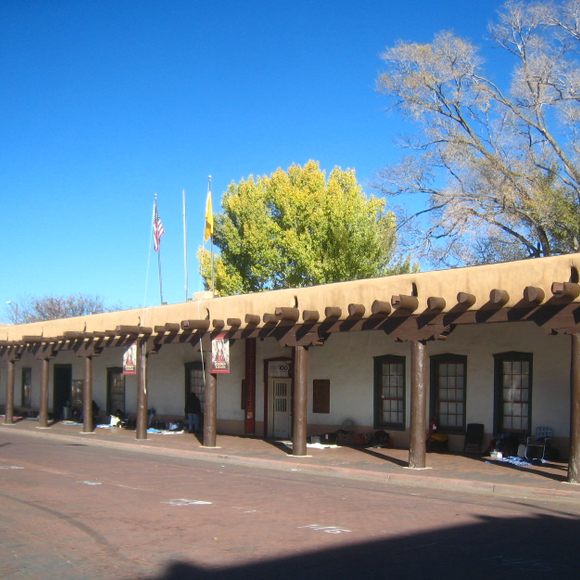

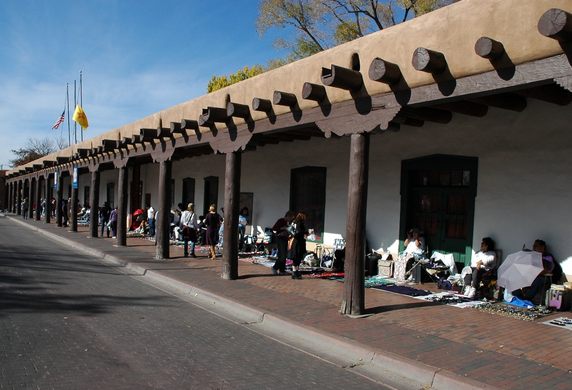
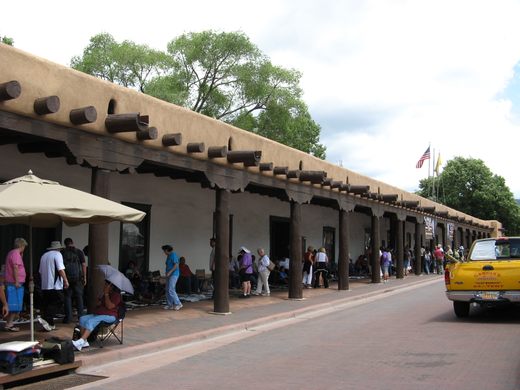
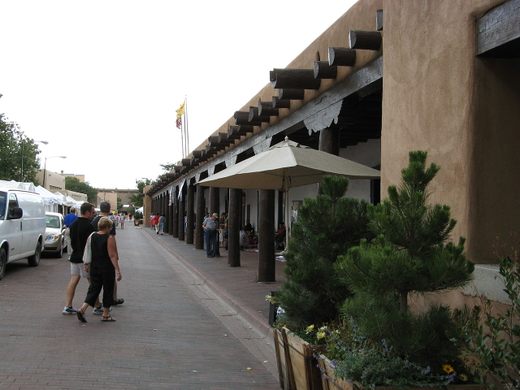
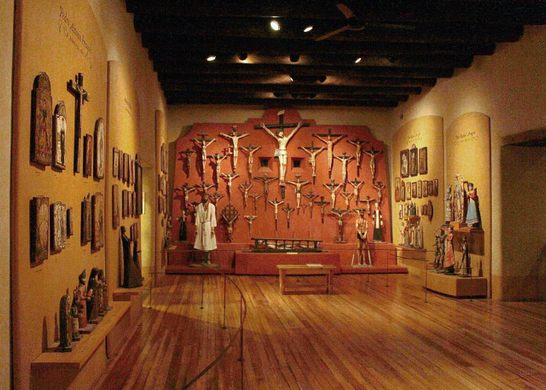
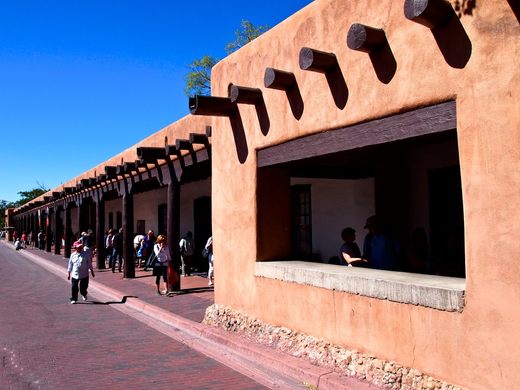






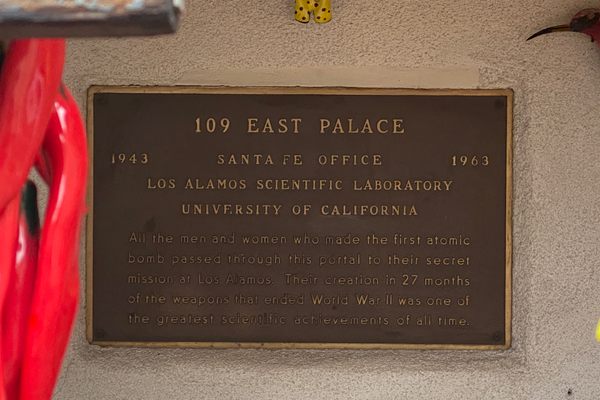

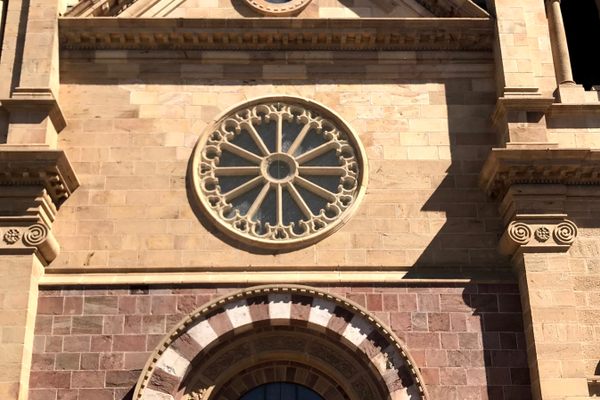

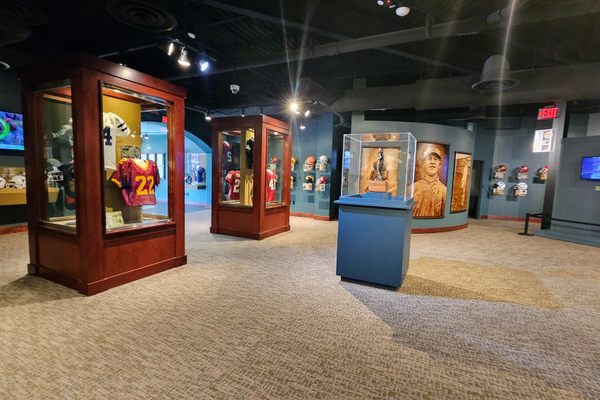

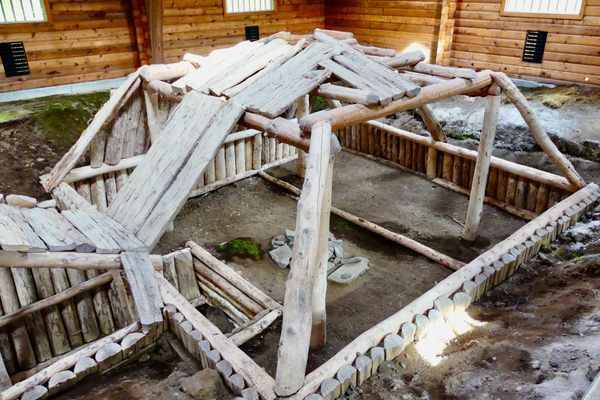

Follow us on Twitter to get the latest on the world's hidden wonders.
Like us on Facebook to get the latest on the world's hidden wonders.
Follow us on Twitter Like us on Facebook